 About the Author: Amy is a 26-year-old mother, partner, and intersectional birth worker who was born with two connective tissue disorders, Marfan Syndrome and Ehlers-Danlos Syndrome. She lives in Northern Canada with her husband and toddler and is passionate about advocating for the rights of queer and disabled individuals. You can follow her on Instagram @rollingthroughmotherhood.
About the Author: Amy is a 26-year-old mother, partner, and intersectional birth worker who was born with two connective tissue disorders, Marfan Syndrome and Ehlers-Danlos Syndrome. She lives in Northern Canada with her husband and toddler and is passionate about advocating for the rights of queer and disabled individuals. You can follow her on Instagram @rollingthroughmotherhood.
Lack of Representation
Growing up I never knew many people who were disabled. I rode to school on a bus with other disabled kids, but that was the only real experience that I had. Books and media were not a great representation of disabled bodies for me either. For so long I went thinking and feeling like I was alone in my experiences, thoughts, and feelings. The information I was being given about my body through friends, family, and school was also not fitting to the things I was experiencing as a disabled and chronically ill person. Sex Education was seriously lacking. I came from a household where I was taught to believe that if I had sex, I would die. I was told that my bones were too brittle and that my heart just couldn’t take it. Doctors just did not discuss this with me. When the common misconception that people with disabilities either cannot or do not have sex exists, people just don’t often have that conversation with you.
It was hurtful to me that people assumed I wasn’t sexually active or had desires of my own just based on these mere facts alone. Maybe it seemed like I had something to prove because I did! Maybe it does feel like an act of rebellion, a metaphorical middle finger to the beauty standards cast upon us at a far too young age. It’s for all the times I’ve been told, “I just don’t date people with disabilities” or “Does it even work down there?” or “Can you even have sex?” Disabled people are deserving of sexual intimacy. I’m learning to love my body in all of its curves, bends, scars, and pieces. I’m doing it for me, and I’m doing it for other disabled folks out there. We need representation, we deserve representation. I am fairly open about my experiences and even my body, I realize that I may be the only disabled person someone knows, but that doesn’t mean I welcome unwanted, invasive questions and glances.
Sexuality And Parenthood
The stigma grew even more when I came into my role as a mother. People know how babies can come to be, sex. But no one wants to talk about sexuality and parenthood. No one wants to talk about what happens to that part of you once you actually have that baby. My body didn’t feel like it was my own anymore and adding in new challenges with my health and disability, connecting with myself felt near impossible. I was in pain, I was touched out, my body looked even more different than what I was used to, and I was exhausted. I was giving every bit of myself to this new person and I didn’t know how to care for my basic needs, let alone combat the myths and stigmas attached with new motherhood and sexuality.
Breaking Boundaries
Sex is no longer such a taboo subject. We have so many people specializing in studying various angles of sexual intimacy, desire, pleasure. With this comes so many new resources for folks with disabilities and chronic illness. Not only is there a great community of like-minded folk committed to protecting and uplifting this community, but there are also podcasts, sex shops, books, classes of all kinds from wheelchair rope play to sex workers who specialize in supporting this diverse client base. It is so amazing to see so many people coming together to create so many new and exciting resources. Some of this is still so new, and with so many new advocates in the social media space sharing their real, lived experiences, we get a very different picture than from outdated textbooks. We can do more.
There are so many reasons why it can be so meaningful for a disabled person to embrace their sexuality. I, for example, find liberation in being open about my sexuality as a disabled person. That is not to say that this method works for every single person. We are not all alike. However, there is a certain strength in finding this voice after so many years of being told that you cannot be something, or that it is sad, dangerous, or disgusting for you to do something everyone else is doing. My family, peers, doctors, and teachers all just assumed that I was not sexually active. People I dated or talked to on dating apps would instantly go to “So does it work down there? Can you do it?” There are also so many stigmas associated with disability and reproduction or becoming a parent. I have been told that it was someone's professional opinion that people with my health condition be sterilized. People can’t figure out why anyone with a genetic disorder would possibly have children biologically. There is a lot of ableism to unpack there. There is a lot of work to be done even still in this day and age. You may think we have come leaps and bounds from where we were even 100 years ago, but the fact is that some disabled and chronically ill folk are still robbed of their experience to have children and become parents on a very regular basis, even still today.
Normalizing Sex and Disability
Disabled people are sexy. We need to normalize the ways in which we have sex. We need to talk about things like incontinence and lifts and panic attacks. We need to talk about sensory processing disorders and how we can create safe environments and dialogues for disabled and chronically ill people to feel free in speaking about their experiences, their needs, their pleasure, and their desires. We need people who want to do the hard work as able-bodied partners. What that looks like is open listening; Hearing from real people instead of making assumptions that are so very easy to form when we do not understand something. We need to make sure that we are honoring the experience of someone opening up about their care routines, scars, and feeding tubes.
At the end of the day, we always need to make sure that we are being respectful of someone's care routine, body, equipment, and boundaries. Routinely checking in with your partner, whether or not you are actively engaging in sex, is crucial in general but especially with disabled and chronically ill folk. We’re usually quite great at knowing our bodies and limitations and advocating for ourselves because we have to be so in tune with these things in our everyday lives and many medical appointments, procedures, and tests.
What are some other myths surrounding individuals with disabilities? Let us know in the comments or email us at wecare@careandwear.com. We love hearing from our community members!


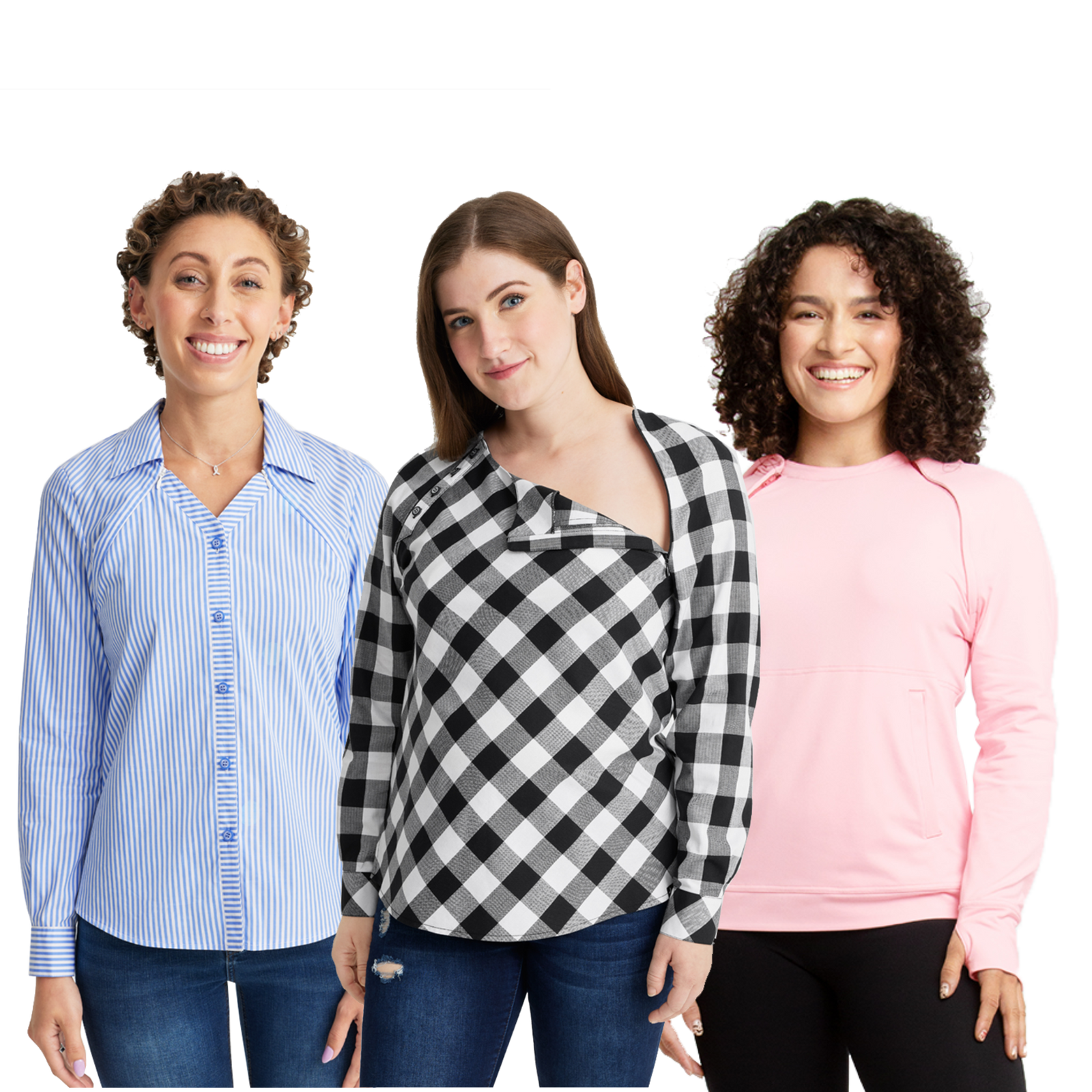
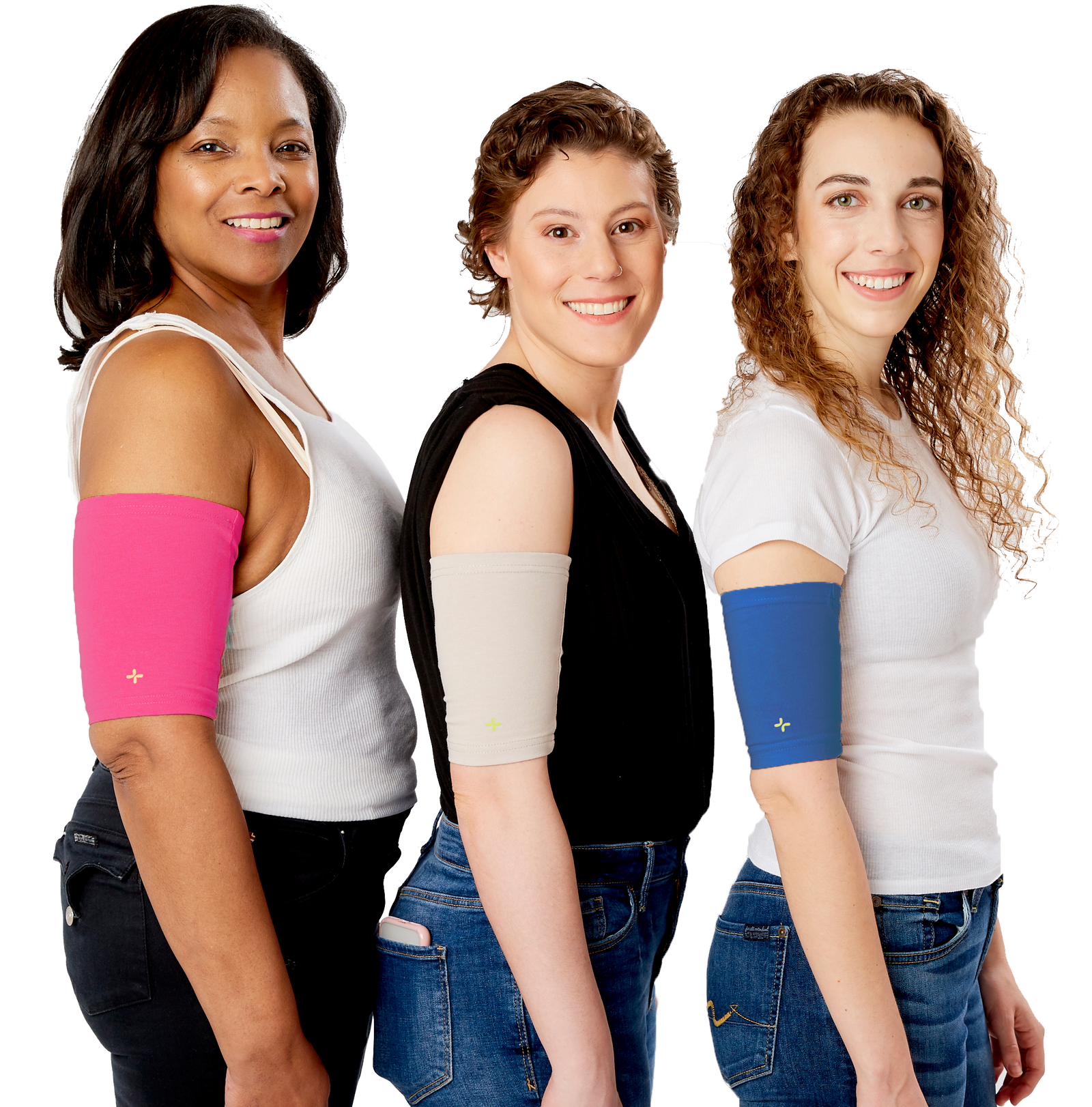
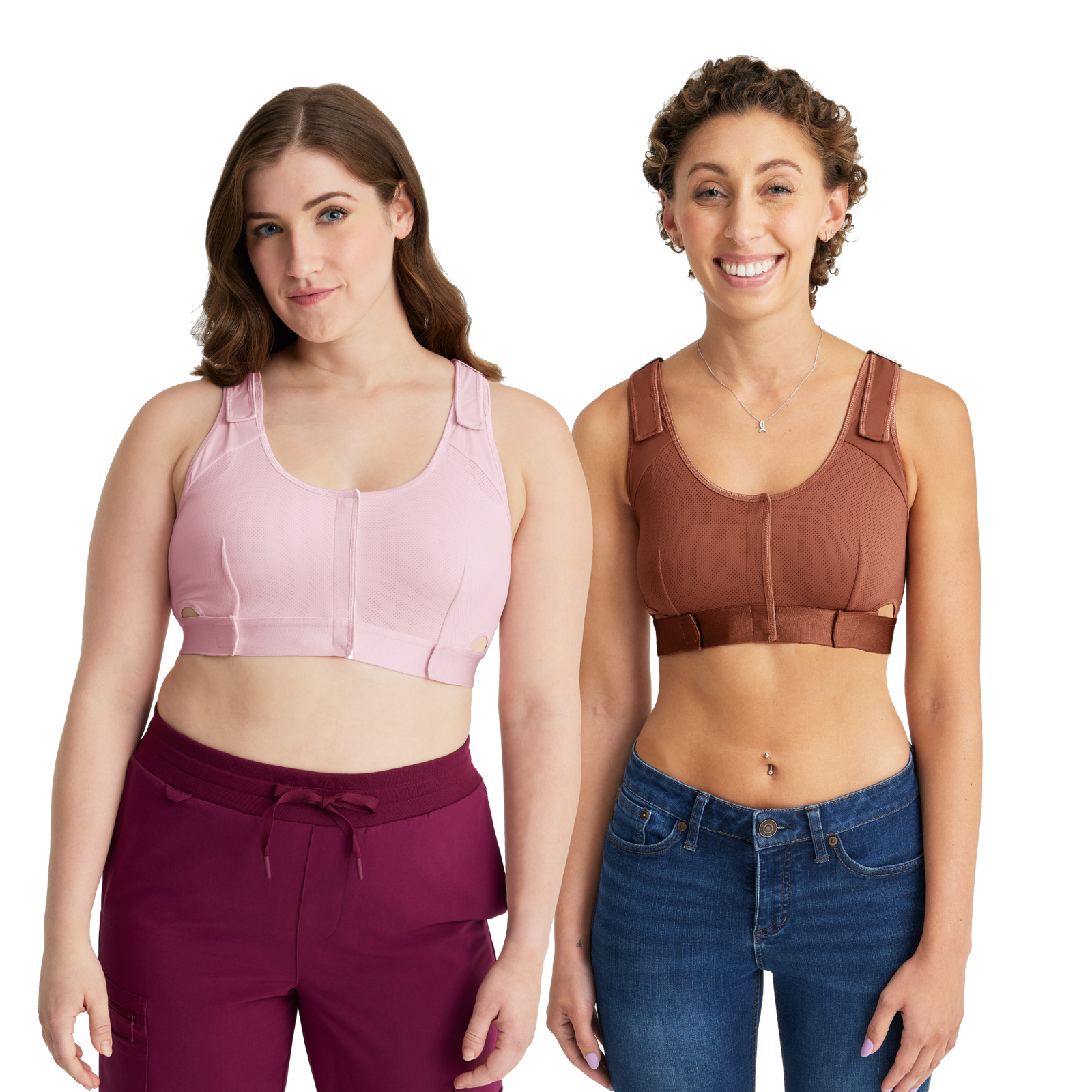

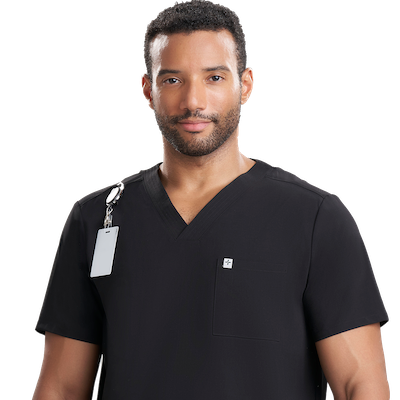
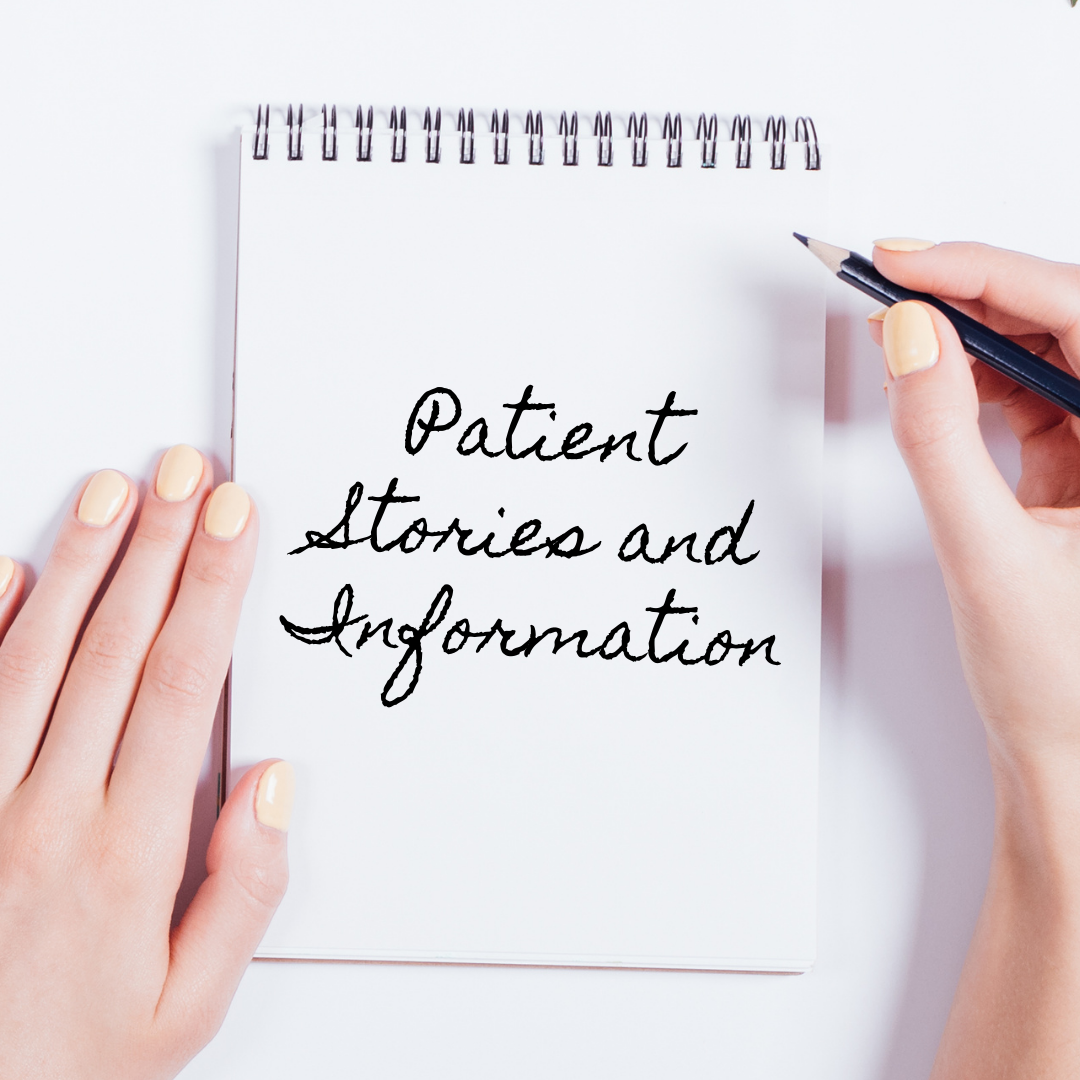
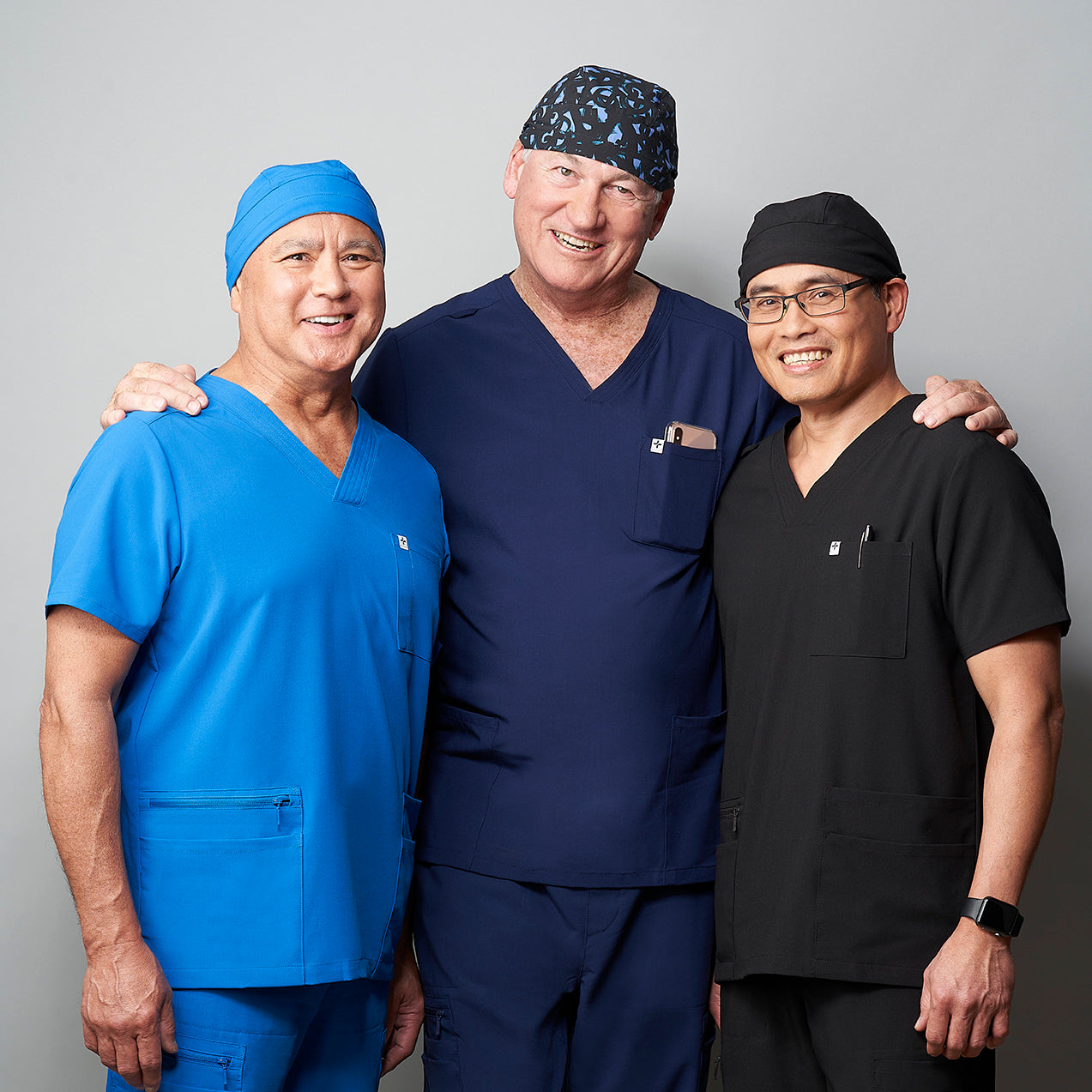
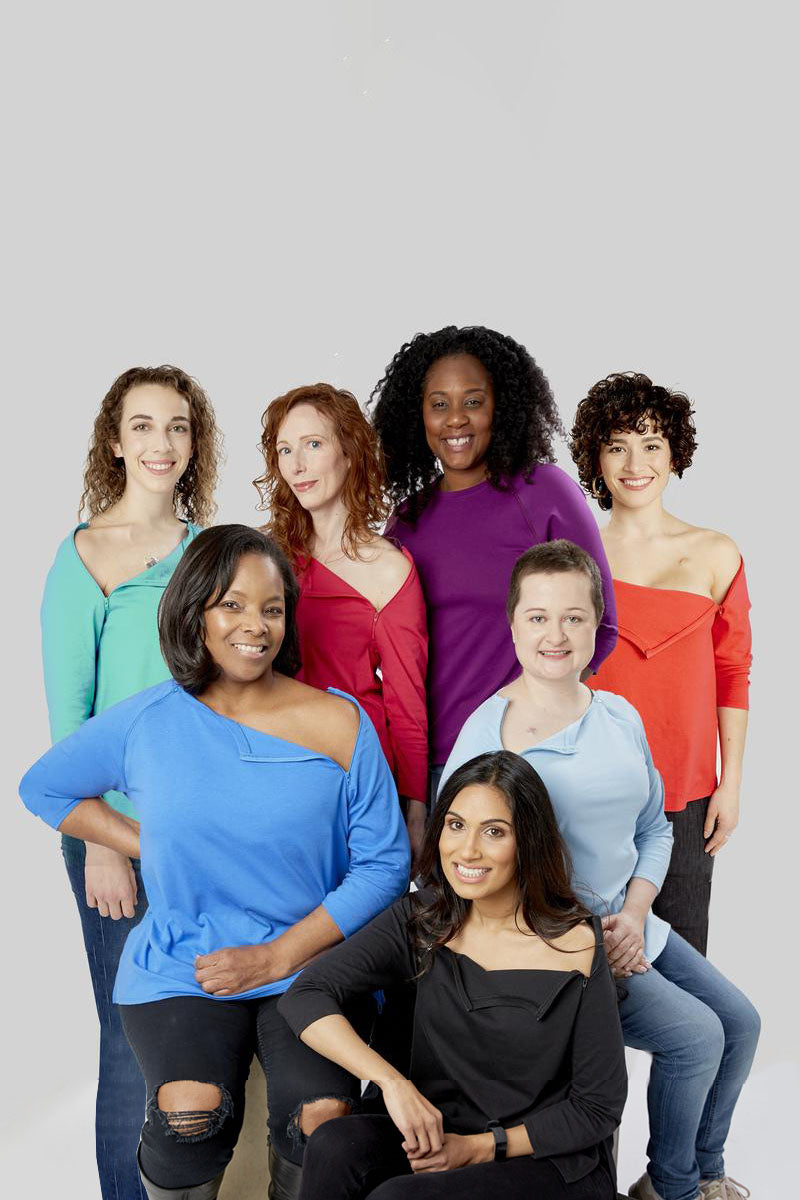
fernando torres
October 08, 2020
Thank you for this very important issue and advocacy—-These areas are so ignored and take away from persons with disability having a meaningful and quality life. As a polio survivor I too had to confront my physical appearance and sensuality but I was fortunate tomarry a wonderful women who made me feel complete and accepted. But this is an area that all persons with disabilities need to address throughout their lives including older ages. Your support is so crucial.